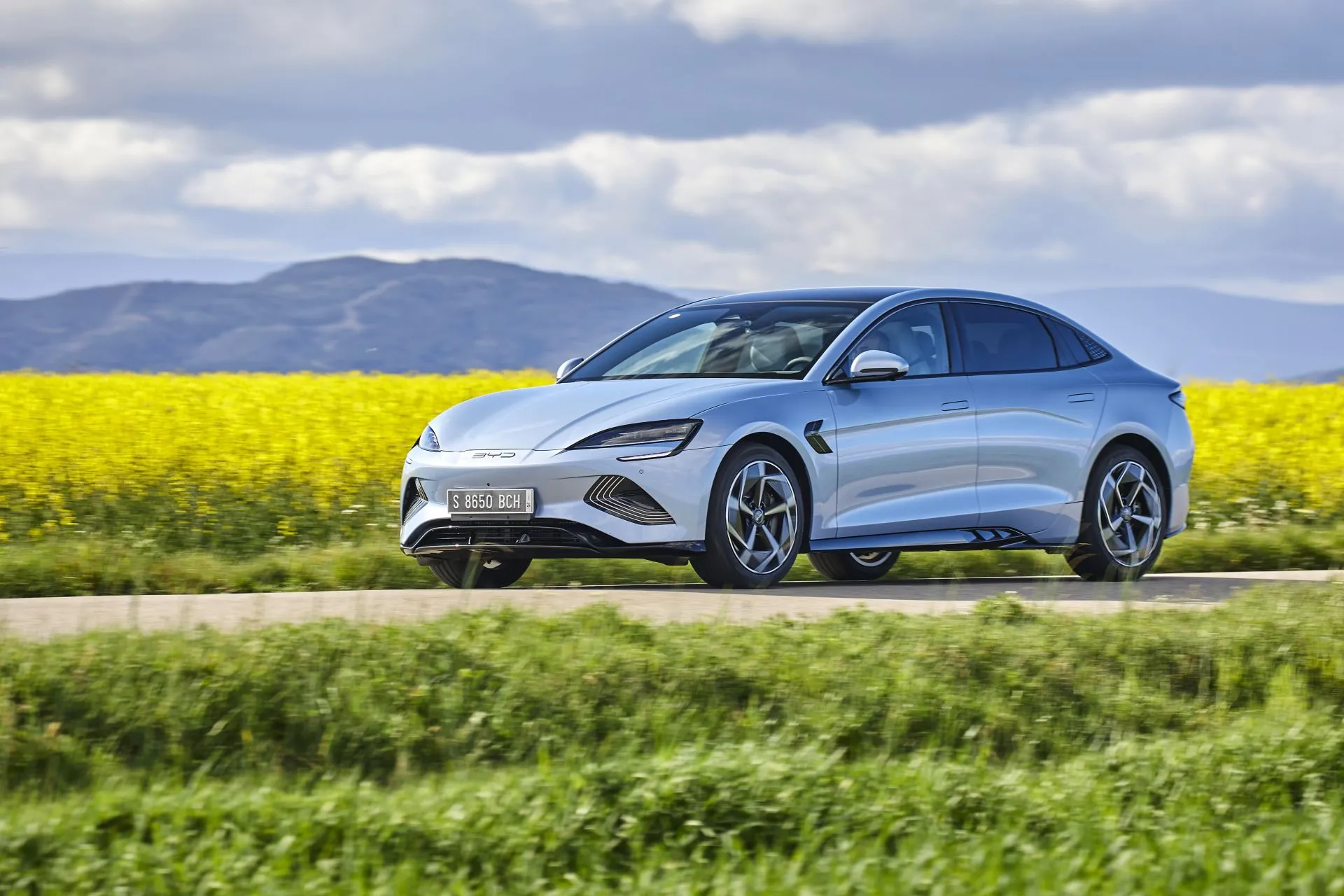The Lamen

How BYD beat Tesla
Even with its iconic vehicles and even more polarizing boss, Tesla Motors is losing its dominance as the top EV maker.
Image: BYD Auto
Much of the attention Tesla Motors attracts comes from, at least in recent memory, having Elon Musk as its chief executive. So is the company’s dominance in the EV market, however, that its boss never worried about coming second. But the clout has been slowly trickling away.
Tesla, which once stood as the only American electric carmaker, faces a lot more competition in the segment. Tesla’s market share has declined from 79.4 percent in 2020 to around 63 percent in 2023, but the figure is expected to drop to the low teens by 2025.
Despite delivering on its goal of shipping 1.8 million cars in 2023, Tesla was overtaken by Chinese manufacturer BYD — emerging as the world’s bestselling EV company in the fourth quarter. Even though American carmakers face little competition from Chinese companies on home turf, they face a growing risk of losing a sizeable chunk of the global market share to the more affordable Chinese EVs.
Export of Chinese electric vehicles has risen by a staggering 851 percent, mainly in Europe — where BYD used “aggressive end-of-year discounting” to strengthen its market share, according to Automotive News. They also benefit from an excited domestic market: China’s new EV sales increased by 82 percent in 2022, making up nearly 60 percent of global EV purchases.
Chinese manufacturers have a key advantage in battery manufacturing, which translates to more affordable EVs since battery cells can make up about 40 percent of the cost of a vehicle. BYD, which started out as a mobile phone battery manufacturer, pivoted to automotive batteries and formed key alliances with other companies in domains like software, sensors, and manufacturing — charging up development.
However, much of China’s rise as an EV powerhouse is a result of government policies and generous subsidies that allowed manufacturers to sell cars at enormous losses yet continue growing. “No one can match BYD on price,” writes analyst Michael Dunne, particularly noting its Seagull hatchback that launched for $11,500 in September.
Owing to “the world’s most advanced battery,” “dramatically” improved looks and a “remarkable” improvement in quality, the manufacturer poses the biggest threat to legacy automakers — but doesn’t yet fear Tesla owing to the company’s “extraordinary” brand power, he notes.
While many of the country’s EV startups are not yet profitable, Chinese cars are becoming an increasingly common presence on roads around the world. This increase in global reach could also create an opening in the luxury EV segment.